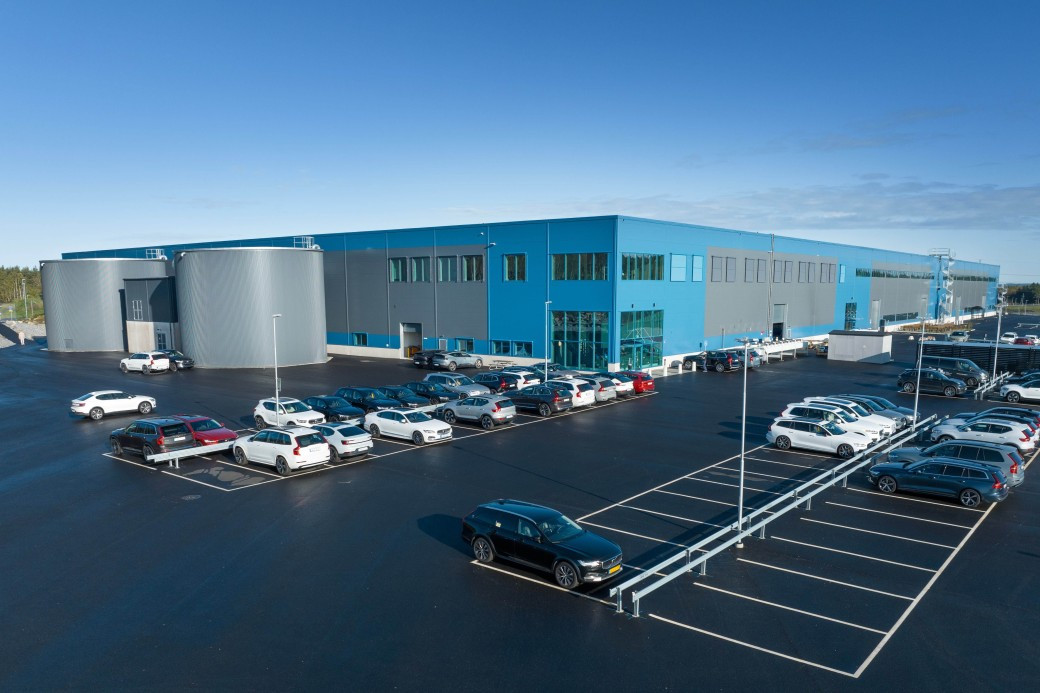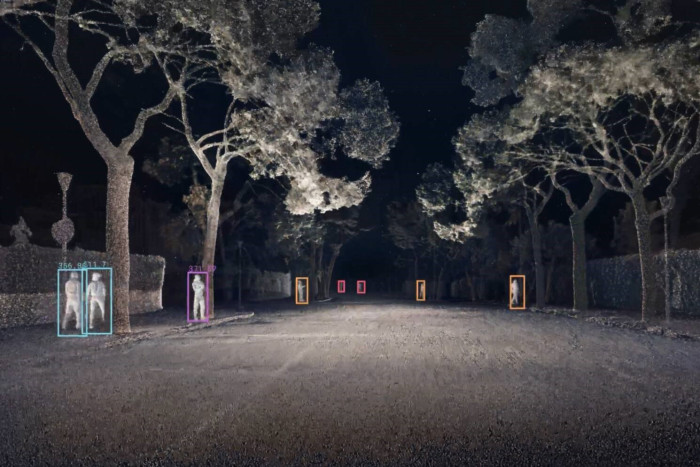Volvo opens new state-of-the-art software testing centre in Sweden

As part of its strategy, Volvo continuously invests in the development of its own software, which also involves testing. So this week Volvo unveiled one of its biggest investments to date: a new state-of-the-art software testing centre in Gothenburg, Sweden, which will expand the carmaker's software testing capacity at all levels.
Largest technology centre
With an area of approximately 22,000 square metres and an initial investment of around SEK 300 million, the new software testing centre will become the automaker's new flagship facility in its network of engineering and technology centres around the world. Volvo currently operates software testing centres in Lund, Sweden, and Shanghai, China. However, the new centre in Gothenburg will be by far the largest in terms of size and capacity.
Volvo will definitely need the large capacity as the automotive industry is changing rapidly, as the flagship Volvo EX90 demonstrates. In the future, Volvo cars will be built with pure electric drives, will increasingly be sold online, will be driven by the most advanced computing cores developed in-house by Volvo and last but not least, will be continuously improved through regular software updates via remote access.
In view of these future perspectives, the development and testing of in-house software is a crucial prerequisite for achieving the carmaker's strategic ambitions, which include, for example, becoming an industry leader in new technology development and producing all-electric cars by 2030.
Remote Access Testing
"This is a state-of-the-art complex that will become the hub of our global activities for software testing and verification," said Anders Bell, Volvo Cars' global head of research and development. "Developers from all our global engineering sites and technology centers can test software here on a remote-access basis, 24 hours a day and 365 days a year. I firmly believe that through this new software testing centre we have set a new benchmark for the automotive industry," he added.
The new software testing complex will initially employ approximately 100 people, a number that is expected to grow to 300 once the testing center is at its full capacity. In the final year, the complex should offer around 500 test facilities and digital test environments, adding to the current fewer than 200.
The Gothenburg center will work closely with the automaker's other engineering centers, which are located around the world and play a significant role in software development. Last month, Volvo established a new technology centre in Singapore, and in February this year the carmaker announced plans to establish another centre in Krakow, Poland, focused on software development.
Security as a technological priority
"Our growing ranks of software engineers are working to solve diverse and exciting challenges," says Alwin Bakkenes, Volvo Cars' Global Head of Software Engineering. "Our goal is to jointly accelerate the pace of innovation and software development for Volvo Cars' key areas of focus, from core safety technologies based on our deep understanding of the causes of traffic accidents to our perceptual and assistance algorithms and software for future autonomous driving technologies," he added.
Other software engineering challenges include developing next-generation connected safety system features and supporting all development work through data analysis. Currently, Volvo is actively recruiting software engineers in various locations around the world.
In addition to the aforementioned offices in Krakow and Singapore, Volvo operates technology centres in the Swedish cities of Stockholm and Lund and Bengaluru, India. In addition, it has large development centres in Shanghai, China and Gothenburg, Sweden. Although each of these locations focuses on a different area, together they form a key network of the automaker's innovation centres, which are strategically located around the world.
Source: VCCR

 Volvo XC90
Volvo XC90
 Volvo XC60
Volvo XC60
 Volvo XC40
Volvo XC40
 Volvo V90
Volvo V90
 Volvo V60
Volvo V60
 Volvo XC90 B5 AWD AUT BRIGHT PLUS 7-míst
Volvo XC90 B5 AWD AUT BRIGHT PLUS 7-míst
 Volvo XC90 B5 AWD INSCRIPTION Aut 1.maj.
Volvo XC90 B5 AWD INSCRIPTION Aut 1.maj.
 Volvo XC90 B5 AWD BRIGHT PLUS 7MÍSTNÁ AUT
Volvo XC90 B5 AWD BRIGHT PLUS 7MÍSTNÁ AUT
 Volvo XC90 B5 AWD ULTIMATE BRIGHT AUT 7M
Volvo XC90 B5 AWD ULTIMATE BRIGHT AUT 7M


